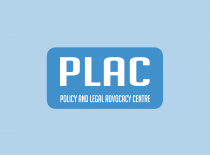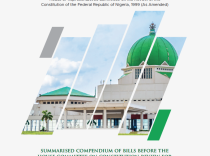The House of Representatives at its plenary session of Tuesday, 31 October 2017 urged the Federal Ministry of Agriculture and Rural Development to implement the forthcoming 2017/2018 Dry Season Growth Enhancement Support Scheme (GESS) Programme that will increase Nigeria’s self-sufficiency in major staple food crops.
Presenting the motion titled “The need to implement the 2017/2018 Dry season Growth Enhancement Support Scheme (GESS) Programme”, Hon. Munir Baba Dan Agundi (APC:Kano) stated that the Federal Government established the Growth Enhancement Support Scheme (GESS) Programme to equitably distribute farm inputs to farmers nationwide. According to him, the scheme created redemption centres, otherwise known as selling points for farmers to buy growth enhancement products for their crops. He also stated that the scheme ensured that the farm inputs were sold across the country down to the grassroots where the targeted end user farmers reside.
Speaking further he said that the establishment of the GESS transferred the handling of procurement and distribution of farm inputs from the government to private sector operators who stored the names of beneficiaries of the farm inputs as well as their full biometric information in a database. However, he expressed optimism over the expected impact of the scheme on dry season farming and in the light of the country’s agricultural policy to achieve self-sufficiency in rice, wheat and maize production and earn foreign exchange from its exports. He was also of the view that the scheme was apt, as subsistence farming remains the major occupation of majority of Nigerians, especially those who live in rural areas. He also mentioned the rising interest of some urban dwellers in the country to take up farming as the country has vast land suitable for irrigation farming, coupled with the available irrigation facilities for interested farmers from the River Basin Development Authorities (RBDAs).
He stated that available information on existing irrigable lands, their locations, sources of water and the optimum number of farmers that could utilize the irrigation facilities indicated that there are 1,179,269.79 hectares of potential irrigable lands, He further mentioned that 2,869 number of irrigable facilities were available for use by 1,142,087 farmers for the forthcoming 2017/2018 dry season farming, out of the 14.76 million farmers in the database.
Lastly, the House urged the Ministry of Agriculture and Rural Development to support farmers with the required input package for the forthcoming 2017/2018 dry season farming and mandate the Committee on Agricultural Production and Services to ensure implementation.





